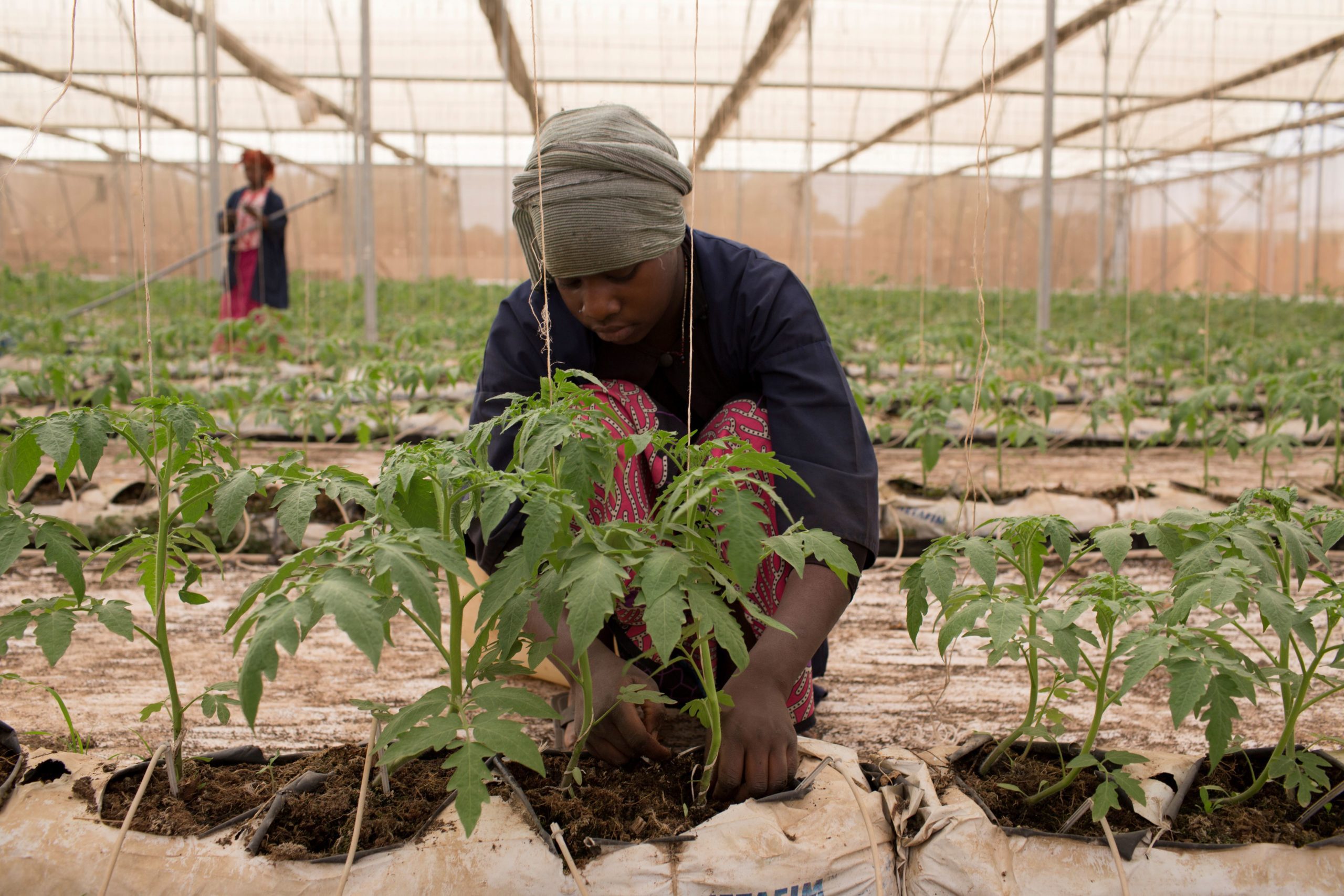
The COVID-19 pandemic brought unprecedented disruptions to Africa—reducing earnings and increasing poverty and food insecurity as well as leading the region into its first recession in 25 years. While the global economic effects of the pandemic have started to recede as Western and Asian countries recover, 2021 is still turning out to be a difficult year for Africa. Moreover, the region will face even riskier external and internal environments in the future.
Thus, African leaders must now adopt strategies for a resilient recovery post-COVID-19 as we discuss in our recent report. Resiliency—a country’s capability to recover from shocks and adapt flexibly to stressors—not only protects economic and social gains, but also facilitates economic transformation and sustainable employment. In a “resilient” country, fewer assets are lost when a shock occurs, so more sustained improvements in economic welfare occur for the same amount of investment. Post-COVID-19 African economic development policy needs, therefore, to be centered around both improving resiliency and accelerating transformation to realize sustained economic welfare gains. Strategies for resiliency should build on the COVID-19 experience, helping households, communities, and countries to strengthen coping measures that reduce losses thus allowing for a faster recovery, and investing to adapt to and mitigate the effects of future shocks. Adapting to a “new normal” can help resilient countries to grow and transform at a faster rate.
While successful policies will be context-specific, two key strategies for enhancing a country’s resiliency deserve consideration.
Deregulation for the growth of large firms
Since the entrance and growth of large firms increase a country’s resilient economic transformation—because large firms, with more assets, are inherently more resilient and are better equipped to endure economic storms—policymakers should prioritize policies for facilitating the entrance and growth of such firms, through domestic deregulation and encouraging foreign direct investment (FDI). Notably, large firms in Africa (employing more than 100 people) tend to start large and grow from there. Evidence shows that their use of newer technology, combined with the fact that they pay higher wages and are more likely to export, supports both transformation and resilience, which is why large firms are more likely to survive and grow. A company in a developing country that begins with fewer than 20 employees has a low chance of surviving its first five years, and a less than 1 percent chance of ever employing over 100 people if it does survive.
Related Content
Importantly, regulation can stifle innovation, productivity, good job creation, and resilience as a firm is unable to adapt to a changing world economy. Therefore, deregulation can encourage investment by helping large firms receive equal and impartial treatment from the government, which is necessary to grow, create good jobs, and take advantage of scale opportunities.
Support agricultural productivity-led growth and the development of the agro-food system
A second strategy leading to increased resilience and transformation is to improve agricultural productivity-led growth and the development of the agro-food system. African economic strategy and policy discourse have long underestimated the role that agriculture can play in a resilient and sustained transformation. Yet recent evidence shows that, in 2020, the agricultural sector outperformed the broader economy exactly because it was more resilient. This result continued a 20-year trend where the average annual growth rate of Africa’s agricultural production was faster than any other region in the world. Research has clearly demonstrated that, at lower income levels, agricultural sector growth and development is critical for poverty reduction, and less poor households are inherently more resilient.
If Africa can continue this trend, primarily by raising productivity on existing land and increasing climate resilience, the future for African agriculture is bright. As the world’s population grows, demand for food increases: In fact, the African continent will account for 80 percent of the world’s population growth between now and 2050. These new consumers are also expected to be richer, demanding higher-value food products (processed foods, fruits, and vegetables). At the same time, available farmland the world over is diminishing due to urbanization—offering an opportunity for Africa, with its vast quantity of arable land—to step in. Moreover, demand for food within Africa offers significant potential for intra-African trade. The importance of the agricultural sector in building a more resilient economy is clear.
Countries should move quickly to stay ahead of the risks, while building for a more resilient future. Achieving resilient, sustainable growth will not be easy, and will require the following: African food value chains becoming more internationally competitive; raising on-farm productivity; lowering the costs of production and distribution to cities and small towns; facilitating private investments in logistics and processing; reducing nontariff trade barriers between African countries; and, most importantly, successfully implementing appropriate adaptation policies for climate-vulnerable regions.
The African continent will face many challenges in the post-COVID-19 world. Past strategies focused on transformation as a main outcome, but COVID-19 has highlighted the role resilience plays as an equally important economic outcome. Therefore, African countries’ economic development goals need to strive to achieve these dual objectives. These goals can be further advanced by the two key strategies provided in this article. Importantly, success in both of these strategies would improve employment opportunities across Africa and strengthen poverty reduction at a time when progress on both has stagnated.


